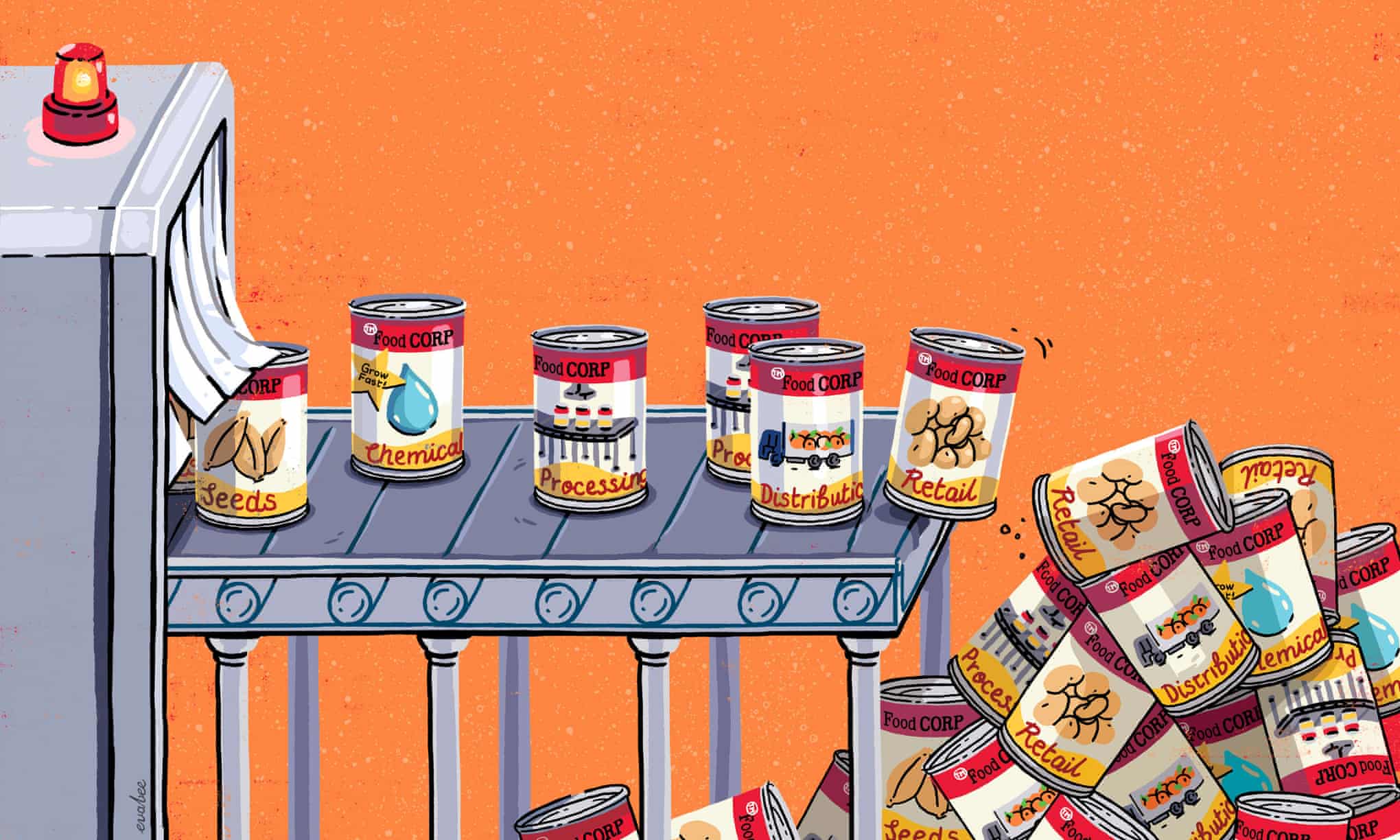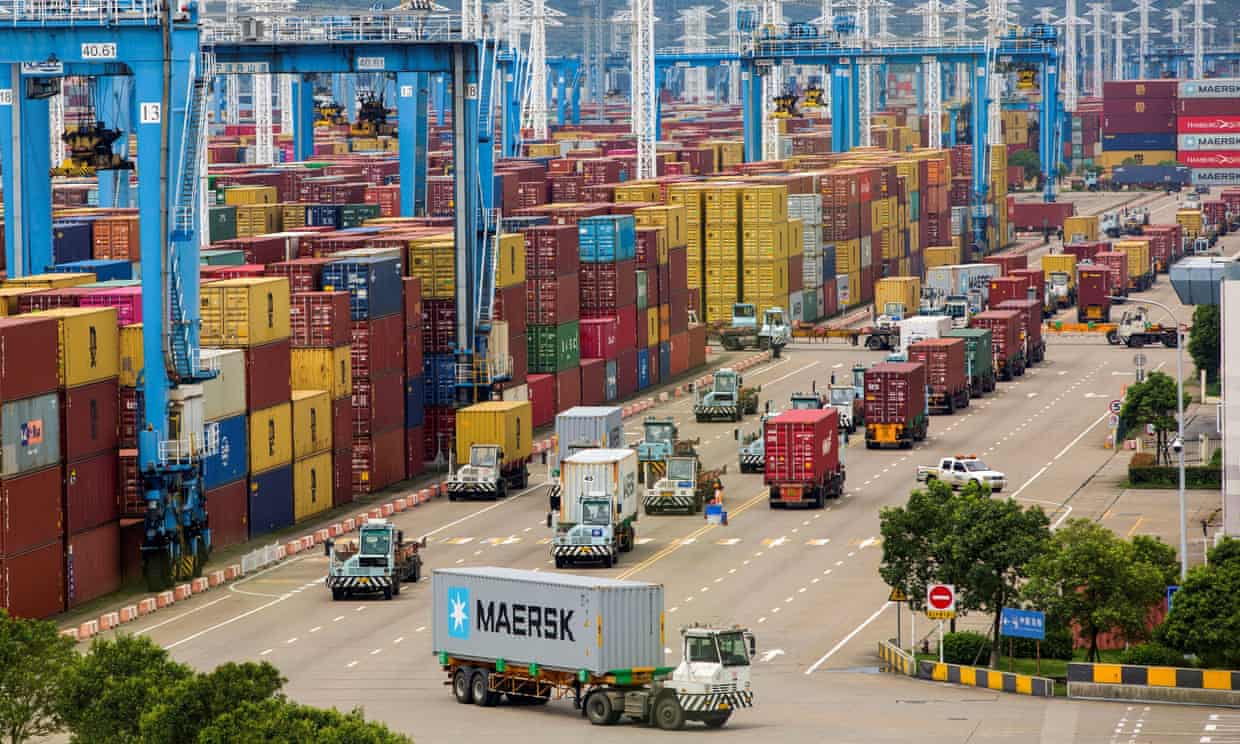by Pete Fasciano, Executive Director 03/14/2021
While recording a recent session of our weekly radio program ‘More Perfect Union’ I noted a reaction from our roundtable panelists to my somewhat casual comment. We were discussing the nettlesome issues around the vaccine rollout. I was not criticizing either Charlie Baker or Joe Biden. I was addressing the unprecedented enormous challenges they are facing.
The key word to keep in mind: unprecedented.
The challenges of the pandemic are indeed unprecedented in scope.
When scrambling to address today’s emergency today, it’s almost impossible to fully anticipate the downstream emergent needs of tomorrow. “Warp Speed” was a simplistic response – throw some money at the private sector and hope. The science came through, but it wasn’t backed with a forward plan for the follow-on logistics.
Scope:
Administering the three vaccines will require ≈450MM (million) doses to ≈300MM willing Americans. (Yes, I’m more than willing.) At 5 minutes per, that’s ≈37.5MM person/hours or ≈4.7MM 8-hour days. That means between now and mid-June we need at least ≈52 thousand trained personnel working 7 days/week. No slack time.
A best-case working assumption – 15 workers per site. (Clearly not the case.) This means that vaccines must be distributed timely as needed to ≈4K sites. Logistics. Considering small sites with 1 or more workers – it’s more like ≈20 thousand sites? That’s how Biden’s team estimated a need for 20K pharmacies and health centers. The President’s team clearly understands logistics, science and math.
Joe also recently arranged to stockpile vaccine for all Americans who want it by the end-of May. Now the challenge is getting that vaccine into arms. They are ramping up and organizing that Herculean effort as quickly as possible. The challenge? Create a temporary national organization having 50 thousand trained staff. All hands on deck who can vaccinate – from dentists to optometrists; from EMT’s to midwives; from veterans to veterinarians.
SoW – The Scope-of-Work: The pandemic – It’s big. It’s complex. It’s also unstable. We’re asking the Biden administration to work a miracle. He promised 100 million doses in arms in 100 days. A reasonable goal, It got done by day 60. Recall that when Joe took office, he asked us all to mask up for 100 days. A reasonable request. Are we all doing our part?
During our radio session I quipped – Good, Fast. Cheap. Pick two.
You want Good & Fast? It won’t be Cheap.
You want Fast & Cheap? It won’t be Good.
You want Good & Cheap? It won’t be Fast.
A corollary observation about shaping the scope of any endeavor. When it’s all over you’ll get to explain one thing:
High Expense Why it costs so much.
Poor Quality Why it works so bad. (-and/or looks so ugly.)
Late Timing Why it’s not done yet.
The first is often the easiest to explain. We are attempting to accelerate the pace, to literally buy time. In this case, time is not only money; it’s also lives. We are in an urgent fight to save lots of lives. We’re scrambling to save our national economy and personal livelihoods. Time is not on our side, yet we have no other choice but to fight the good fight. Time is a terrible taskmaster. We the electorate also can be terrible taskmasters, seeking affordable, instant perfection from political leaders.
The total $6,000,000,000,000.00 (trillion) government bailout cost will average $1,700.00 in annualized per capita cost for every single American over the next decade. That’s $7,000.00/year for a family of four. Scope.
Consider these numbers as well:
Total Value of U.S. Homes: $130,000,000,000,000.00
Annual U.S. Domestic Product: $21,000,000,000,000.00
The Federal Government runs on $3,360,000,000,000.00 (16% of GDP.)
The Feds spent almost 2X their annual budget trying to save us. That’s – um, a lot? More specifically, it raises the total projected Fed budget to 19% GDP for a decade. Now, to be perfectly unclear, if all the economists were laid out end-to-end, they wouldn’t reach a conclusion. ( – unknown) Economics is known as the dismal science, and I’m pretty dismal at it. Thus, I can’t opine as to how our national economy will absorb the cost and continue to grow. However, that too, is actually possible.
Hopefully, it will grant us all brighter days ahead.
But, for now – the cost of salvation is dear, non-negotiable, but absolutely necessary.
And – as always –
Thank you for listening to wfpr●fm.
And, thank you for watching.
Listen to "Toward A More Perfect Union" on Monday’s at 11 AM, 2 PM and 8 PM at wfpr.fm or 102.9 on the local area dial.
Get this week's program guide for Franklin TV and Franklin Public Radio (wfpr.fm) online
Coincidently, for confirmation on this line of thought, The Hill summarizes "The Five Things That Must Be Done to Get People Vaccinated"
 |
| Franklin TV: Scope - This is huge! |






